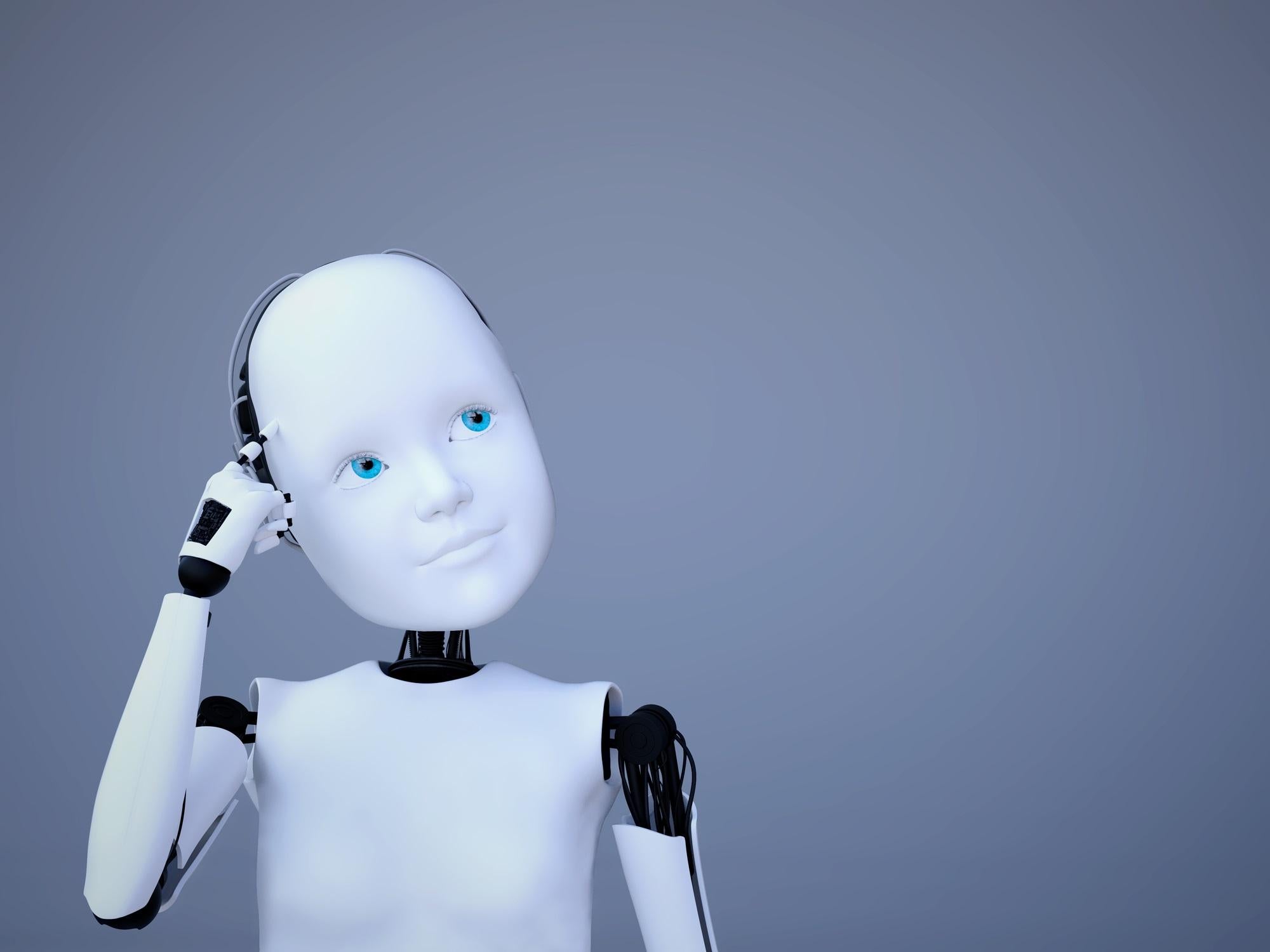Robots have power to 'significantly influence' children, study reveals
Researchers say it raises concerns about the negative influence machines might have on vulnerable youngsters

Your support helps us to tell the story
From reproductive rights to climate change to Big Tech, The Independent is on the ground when the story is developing. Whether it's investigating the financials of Elon Musk's pro-Trump PAC or producing our latest documentary, 'The A Word', which shines a light on the American women fighting for reproductive rights, we know how important it is to parse out the facts from the messaging.
At such a critical moment in US history, we need reporters on the ground. Your donation allows us to keep sending journalists to speak to both sides of the story.
The Independent is trusted by Americans across the entire political spectrum. And unlike many other quality news outlets, we choose not to lock Americans out of our reporting and analysis with paywalls. We believe quality journalism should be available to everyone, paid for by those who can afford it.
Your support makes all the difference.Children are far more susceptible than adults to being influenced by robots, according to a study.
Researchers at the University of Plymouth used a technique developed in the 1950s to determine how much influence robots can have on people's opinions.
The Asch paradigm was originally used to describe how people will usually follow the opinions of others, even if they are clearly wrong.
"People often follow the opinions of others and we've known for a long time that it is hard to resist taking over views and opinions of people around us," said robotics professor Tony Belpaeme, who led the study alongside Plymouth researcher Anna Vollmer.
"We know this as conformity. But as robots will soon be found in the home and the workplace, we were wondering if people would conform to robots.
"What our results show is that adults do not conform to what the robots are saying. But when we did the experiment with children, they did."
The study, published in the journal Science Robotics, showed that children scored higher on a test when alone in a room compared to a room with robots.
Professor Belpaeme said the study's results show children have more of an affinity with robots than adults, suggesting they may be more susceptible to robot-based advertising.
This phenomenon could be used positively in society, for example social robots could be used to help diabetic children accept the nature of their condition.
Similar robots could also be used to help children learn a second language.
The researchers warned that the study also raises concerns about the negative influence robots might have on vulnerable children.
The study concluded: "A future in which autonomous social robots are used as aids for education professionals or child therapists is not distant. In these applications, the robot is in a position in which the information provided can significantly affect the individuals they interact with."
In order to protect against any potential pitfalls, the study's authors said a discussion is now required about whether measures should be put in place to help minimise the risk to children.
Join our commenting forum
Join thought-provoking conversations, follow other Independent readers and see their replies
Comments